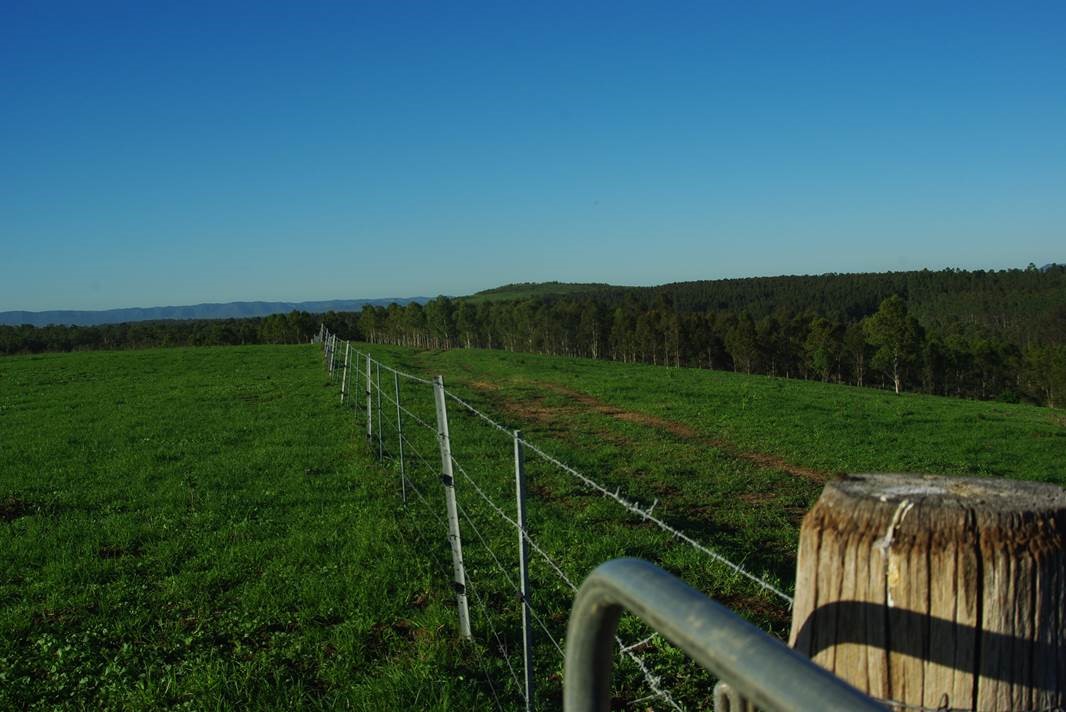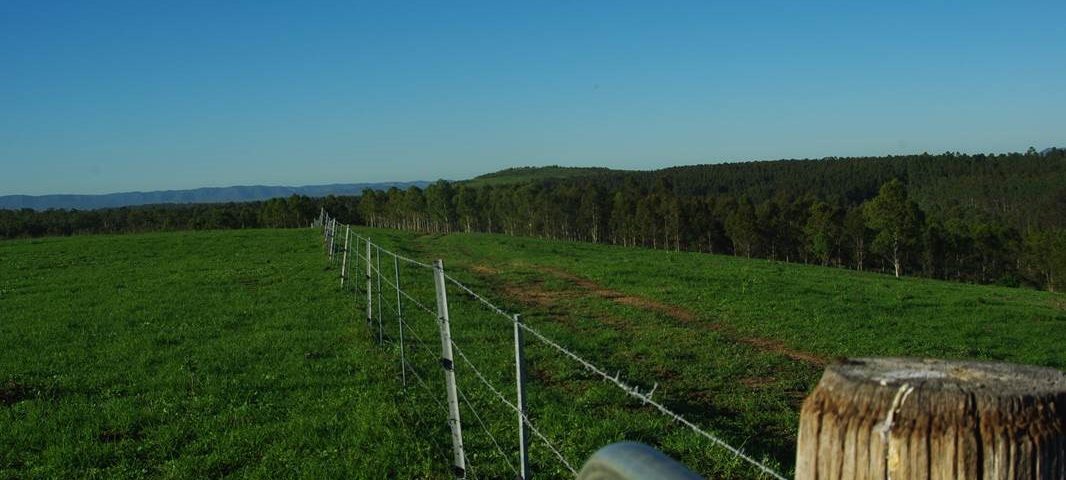
Mining in the Digital Age: Unveiling the Power of IoT
February 28, 2024
From River to Dam: Case Study of the Williams River Water Supply for the Lower Hunter
May 10, 2024Over the last year, Atlantech has seen an increase in the detail and depth required for environmental auditing and compliance checks for our customers. This is bolstered by the pre-planning that companies are undertaking in preparation for external audits.
We believe this is due to more serious implications if companies are found to have poor environmental performance. These include poor reputation and negative publicity, fines, prosecution, forced shutdowns, revocation of approvals, imposition of stricter conditions and/or difficulty in gaining approval for future activities.
In our latest blog, Atlantech Senior Environmental Consultant Samantha Hovar provides a guide about the standards and guidelines impacting environmental audits in the New South Wales (NSW) landscape.
NSW-based compliance
There are multiple environmental approvals in NSW that mining proponents may need to hold to operate. These approvals are issued under the following key legislation:
- Federal approval issued under the Environment Protection and Biodiversity Conservation Act 1999 (EPBC Act).
- Environmental Protection Licenses granted under the Protection of the Environment Operations Act 1997.
- Mining leases granted under the Mining Act 1992.
- Development consents granted under the Environmental Planning and Assessment Act 1979.
- Water access licenses issued under the Water Management Act 2000.
With each of these approvals there are often hundreds of conditions that must be implemented to maintain compliance and ensure continuation of operations.
Internal checks
Internal checks are needed to ensure systems are maintaining compliance. This helps to ensure best-practice, and minimise risks associated with regulatory pressure, non-compliance fines, negative media attention and subsequent reputational risk.
Internal compliance is commonly managed through auditing and tracking systems.
Compliance management systems do the following:
- Record evidence of compliance.
- Generate actions and alerts to ensure compliance.
- Assign responsibility for obligations.
- Make providing evidence for external audits a lot easier.
External checks
External audits are often a requirement of development consent approvals and EPBC Act approvals.
These external audits are independent, and therefore the assessor can provide an impartial assessment of compliance status and environmental performance and can make recommendations for improvement. Independent auditors must be experienced, qualified, and endorsed by the relevant regulatory agency under which the audit is required.
Independent Environmental Audits (IEA) required under the NSW development consents must be conducted in line with the NSW Government Department of Climate Change, Energy, the Environment and Water (DCCEEW) guideline found here. These audits are extensive and involve consultation with a range of agencies, on-site inspections and interviews with personnel to assist with evaluation of compliance.
Case study
Atlantech’s experienced environmental consultants were recently engaged to conduct an IEA of the Bloomfield Rix’s Creek Mine in New South Wales. The audit was required under conditions of the site’s development approvals. As the IEA consultancy, Atlantech’s objective was to determine the environmental performance and compliance status of Rix’s Creek Mine against relevant regulatory approvals for the period 2020 to 2023. The audit assessed three development applications, one environmental protection license, one EPBC Act approval, ten mining leases, and 33 environmental management plans.
Overall, good environmental management practices were identified. The following practices were of key stand out:
- A predictive modelling tool is used to proactively assess noise, air quality and blasting impacts of the operation. The tool allows for optimal design and planning of site activities based on predicted weather conditions.
- A comprehensive noise management program is implemented, which includes nightly noise monitoring. This allows for real-time adaptive management to ensure compliance with relevant noise criteria.
- Internal management plans and procedures, beyond that required under conditions of the project approvals, have been developed to ensure impacts of the development are minimised.
- Pasture rehabilitation areas are being utilised for cattle grazing to demonstrate rehabilitation is trending towards the final land use requirements.
How we can help
At Atlantech, we can help your business implement or optimise environmental management best-practice standards. Our experienced environmental consultants can provide internal audits or comprehensive independent, external audits (as Independent Environmental Auditors) as required by NSW development approval conditions.
Contact us today to see how we can help.


